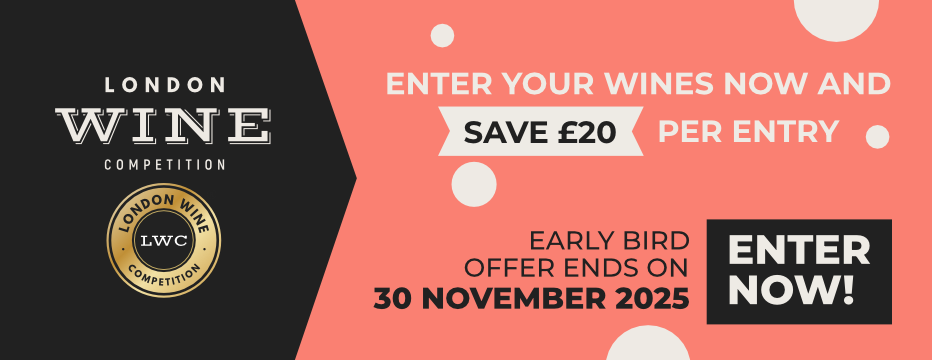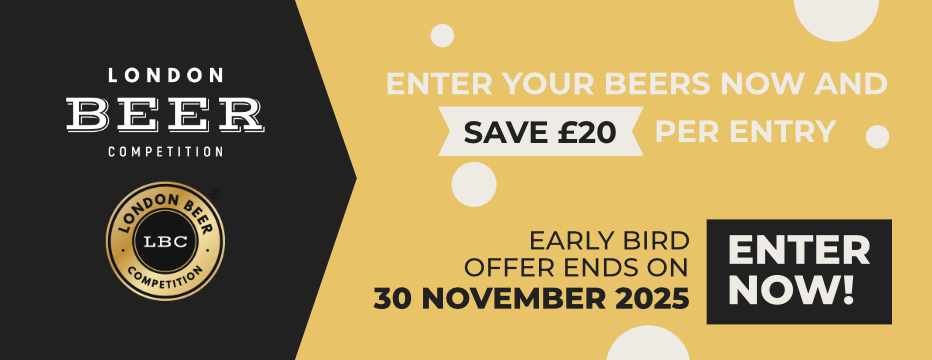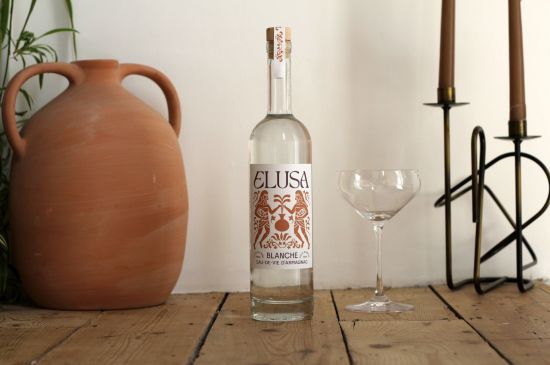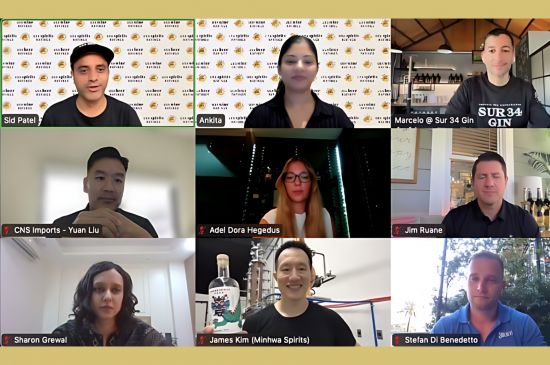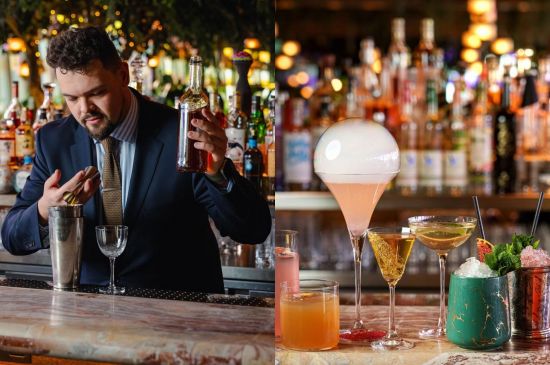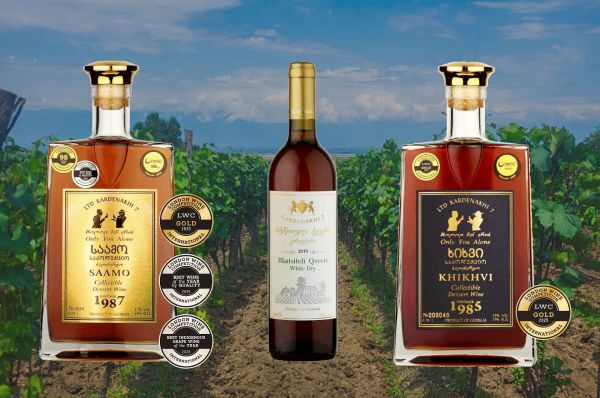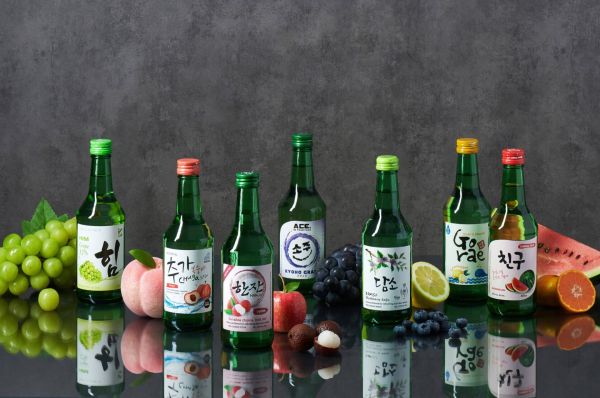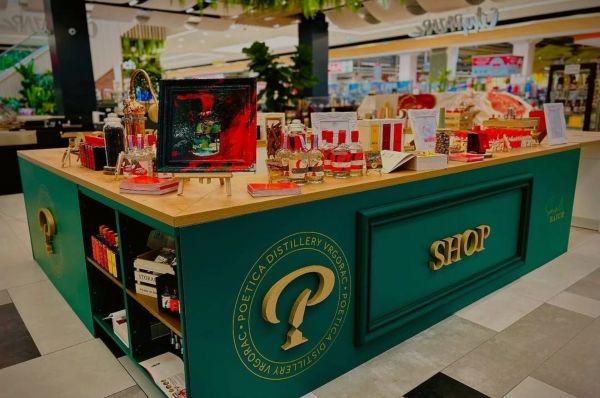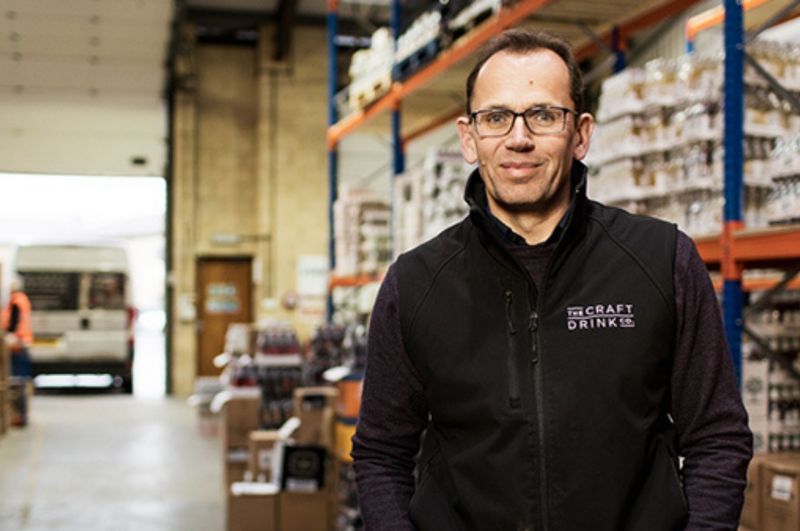
01/02/2022 The craft drinks market is taking the drinks sector by storm as an increasing number of consumers want to know the provenance of their food and drink, and buy local whenever possible.
By Helen Arnold
It wasn’t so long ago that the UK drinks market was dominated by big ubiquitous brands made by faceless, anonymous corporations. Rewind to the 1970s and ’80s and Hirondelle, Mateus Rose, and Le Piat d’Or were the best-selling wines, which neither we nor the French, adore anymore, while beer was brewed by the likes of Tennents and gin was strictly Gordon’s.
Since then there has been something of a revolution in the drinks sector, with an explosion in the number of artisan companies producing small batches of often hand-crafted drinks from locally sourced ingredients. From whisky and gin distillers along with a plethora of craft breweries, not to mention the creation of a brand new category – the hugely successful English wine sector – and there has never been such a wide choice of lovingly produced craft drinks.
[[relatedPurchasesItems-38]]
But where to turn if you want to offer your customers a selection of British drinks which are able to proudly display their provenance? Step forward the Craft Drinks Company, a Cotswolds-based wholesaler which supplies both the on and off-trade with a large range of craft drinks including wines, spirits, beers, ciders, liqueurs, as well as soft drinks. After a career in banking and telecoms, founder and director Richard Chamberlain turned his back on the corporate world to establish two successful farm shops/delis in the area. It was then that he cleverly identified the growing popularity of the nascent craft drinks movement, and so the Craft Drinks Company was born in 2014 with Chamberlain becoming a passionate champion of small British craft drinks producers.
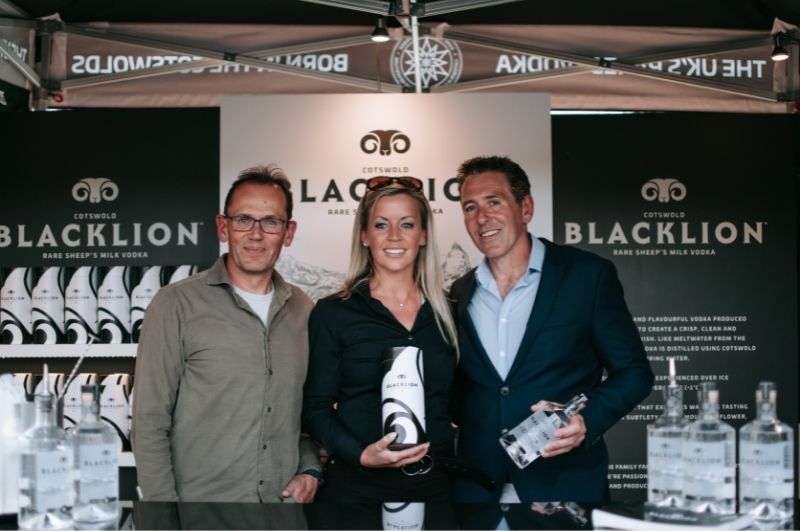
Richard Chamberlain( Left) with Tanya & Tim Spittle, owners of Black Lion Vodka, which is one of the brands in the Craft Drinks Company's growing portfolio of craft drinks.
Why did you decide to switch from food retailing into the wholesale drinks sector?
I think we realised that a lot of the drinks producers we were working with were great on the innovation side and creating fantastic products, but were less good at promoting and selling themselves. Initially, I took on the distribution for some of them, and the business grew from there. We started off with one van, and now have six with the number of brands we represent increasing too. We now have around 160 brands on our books, and supply over 1,000 customers across a 150-mile radius. Back then craft drinks weren’t that well represented in the retail sector and hardly any had their own drinks wholesale business. I think there was a certain element of luck too as I got into craft drinks just at the right time when interest in the sector was starting to take off.”
Who are your main on-trade customers?
We have a very diverse range of customers, with around 25% of our business coming from hospitality businesses, across a number of different types including The Pig at Bath, Andrew Brownsword Hotels, Bespoke Hotels and Opheem in Birmingham. Our customers tend to be independent owner-managed sites and often more boutique – whether they are cafes, coffee shops, restaurants, bars, or hotels.
Is that part of the business growing, and what impact did Covid have?
Covid has had a huge impact on our supply to the hospitality trade. In Spring / Summer 2020 it virtually came to a complete stand-still but since late 2020 we have seen a return of many of our customers. The sector remained hesitant in 2021 but I feel that this year, we should see the on-trade return much stronger and more confident about the future.
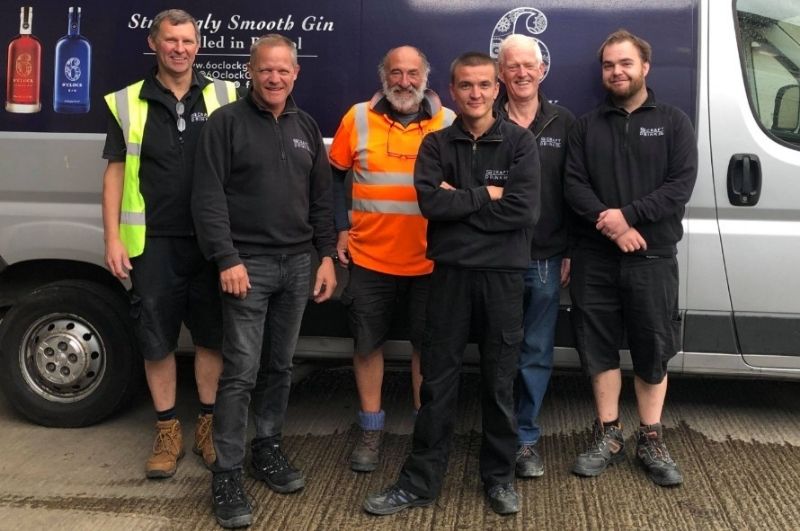
Craft Drinks Company's team
Which sector of the craft drinks business is seeing the strongest growth, and do you expect that to continue?
The craft drink sector has been strong in many different areas. The growth in craft beers has continued for many years and whilst we may have reached a near peak in terms of the number of breweries in the UK, consumers, and trade buyers are choosing craft beers with increasing regularity. The same can be said of cider albeit with a more seasonal bias. You won’t be surprised to know that gin has been the star spirit for us and will continue to be so, but growth in sales of premium gins is in my opinion, likely to fall off. Interest in darker spirits from new craft distilleries, whether that is whisky or rum, will feature more in the coming year or two.
And which areas would you say could do with more work?
English wine is currently a very small but growing part of our business – in the past year alone we have seen growth of 100% with brands such as Three Choirs and Halfpenny Green doing really well. Traditionally English wine producers think they can sell their wine by relying on their cellar door business, which is fantastic for those who are able to rely on that, but not everyone can, and I think there is a growing opportunity to help some producers and offer them wider distribution across the country. As their production increases, they are going to need a greater distribution network, which provides us with a great opportunity for us to work with them. English wine is improving and both trade buyers and consumers seem increasingly inclined to try it so we expect strong growth. I think that while sparkling English wine gets all the attention, it is still wine where the future volume lies, which is where we want to be.
And with more people looking to moderate their drink habits and live a healthier lifestyle, so alcohol-free and healthy options such as kombuchas and shrubs will see considerable growth. Less alcohol and less sugar will be a feature of drinks.
You currently list around 160 brands. Do you have the capacity to take on anymore, and if so, what are your main criteria for selecting them?
Yes, we plan to expand by around another 30 brands this year. We take on around three a month. Selecting from the many brands that find us or cross our path is a great challenge. We try every drink and attempt to assess all against our CRAFT criteria of Creative, Real, Authentic, Flavour, and True.
What we mean by Real is that we want natural, wholesome products, that are unique, different, distinctive, and personable made using minimal intervention or unnatural ingredients or processes. Authentic – true to form, celebrating the heritage, and true to the genuine article. Flavour – sheer taste, striving for the wow factor. Truth – honest, open, and transparent – believable. But flavour is undoubtedly the most important factor – we try every drink before we take it on.
What is the on-trade particularly looking for?
They want something to differentiate themselves from the big brands, so the more local products are, the better. We are able to assist with issues around sustainability and also food miles, in terms of where their products are sourced. We are looking at sourcing drinks from further afield too, as until recently we have been concentrating largely on the south and central England, but it would be logical to look up north as well.
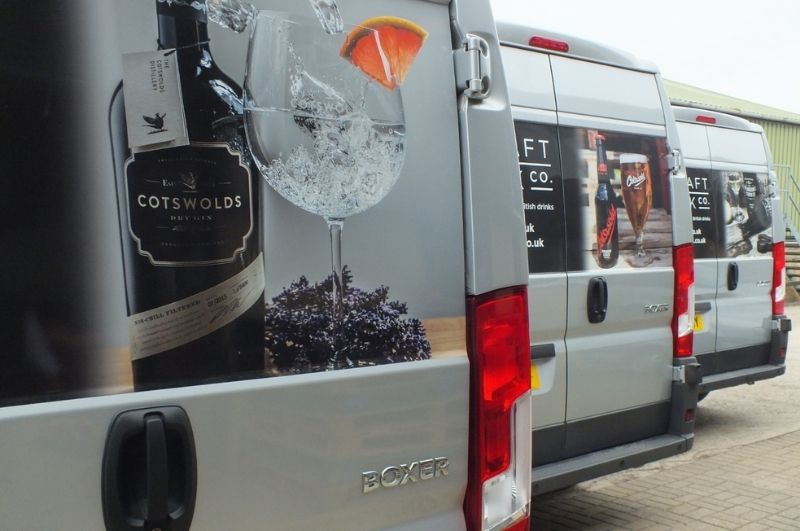
Craft Drinks Company's fleet of vans, which deliver within a 75 mile radius of the company's headquarters in Bourton on the Water
How important is innovation in the craft drinks sector?
It’s massively important and helps to drive growth in the category. There’s huge potential with English whisky and rum, such as The Cotswolds Distillery whose whisky we include in our portfolio, and a number of other new specialist distilleries opening up. As for different formats, cans are where it’s at, and in particular, larger can sizes. But for all innovative drinks producers, it is getting harder for them to get into the on-trade and retail, and that is where we step in. Our job is to get these smaller brands into the marketplace.
You seem to be ahead of the curve in spotting the trend for all things craft before it became mainstream. How do you plan to stay one step ahead of the pack, or do you think it's more important to focus on building on the relationships you already have with existing suppliers and customers?
I believe I was fortunate to be an independent food retailer with first-hand experience of how customers were supporting local. Consumer research continues to show that buying local matters to customers and I think the awareness of sustainability is going to further fuel this trend. So, we’ll need to continue to find and champion the very best local, regional, or British drink producers but especially those that are putting sustainability at the core of their brand and business ethos. We need to do the same in our business and communicate to our buyers, what each brand is doing. We need to continue to invest in making our drinks supply service very relevant and supportive to our trade customers; which is all about improving our sales and service delivery on many different fronts; sales knowledge, provision of information, digital ordering, flexibility, and responsiveness in delivery and all supported with exceptional customer service. But at the core of our business, will remain the importance of having a portfolio of exceptional drinks.
What do you think the outlook is for the UK craft drinks sector? Do you think it will continue to grow and is the demand being driven by consumers or the trade?
I feel confident that the sector will continue to grow strongly over the next few years. Consumers are increasingly looking to support local producers and especially ones that make exceptional drinks on a sustainable basis. Quality remains very important and where the drink is equal or if not better than mainstream or global brands, then consumers are increasingly inclined.
TAGS:
 The On Trade
The On Trade 